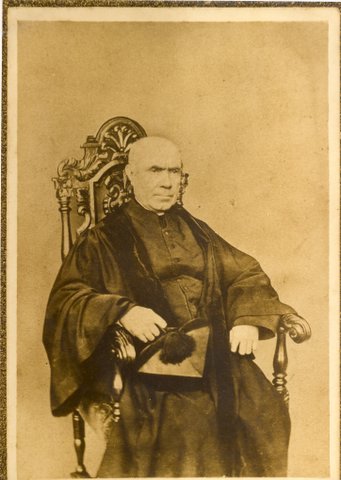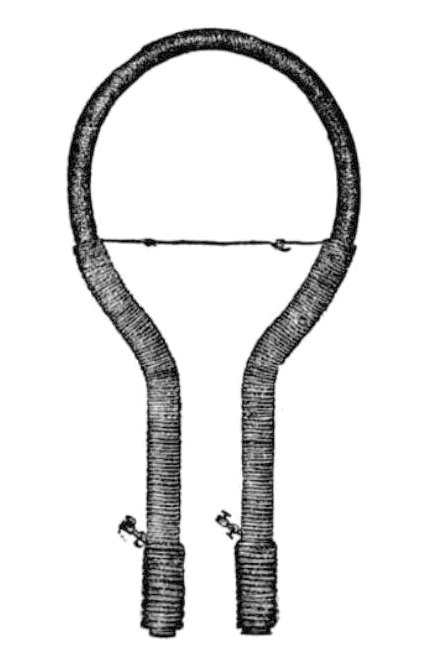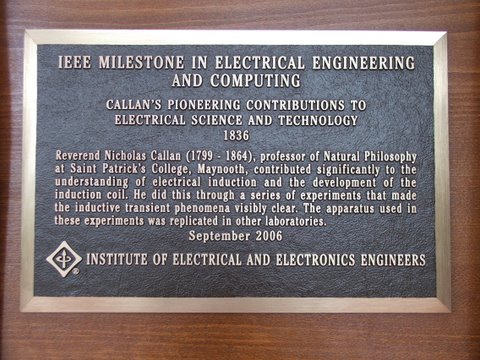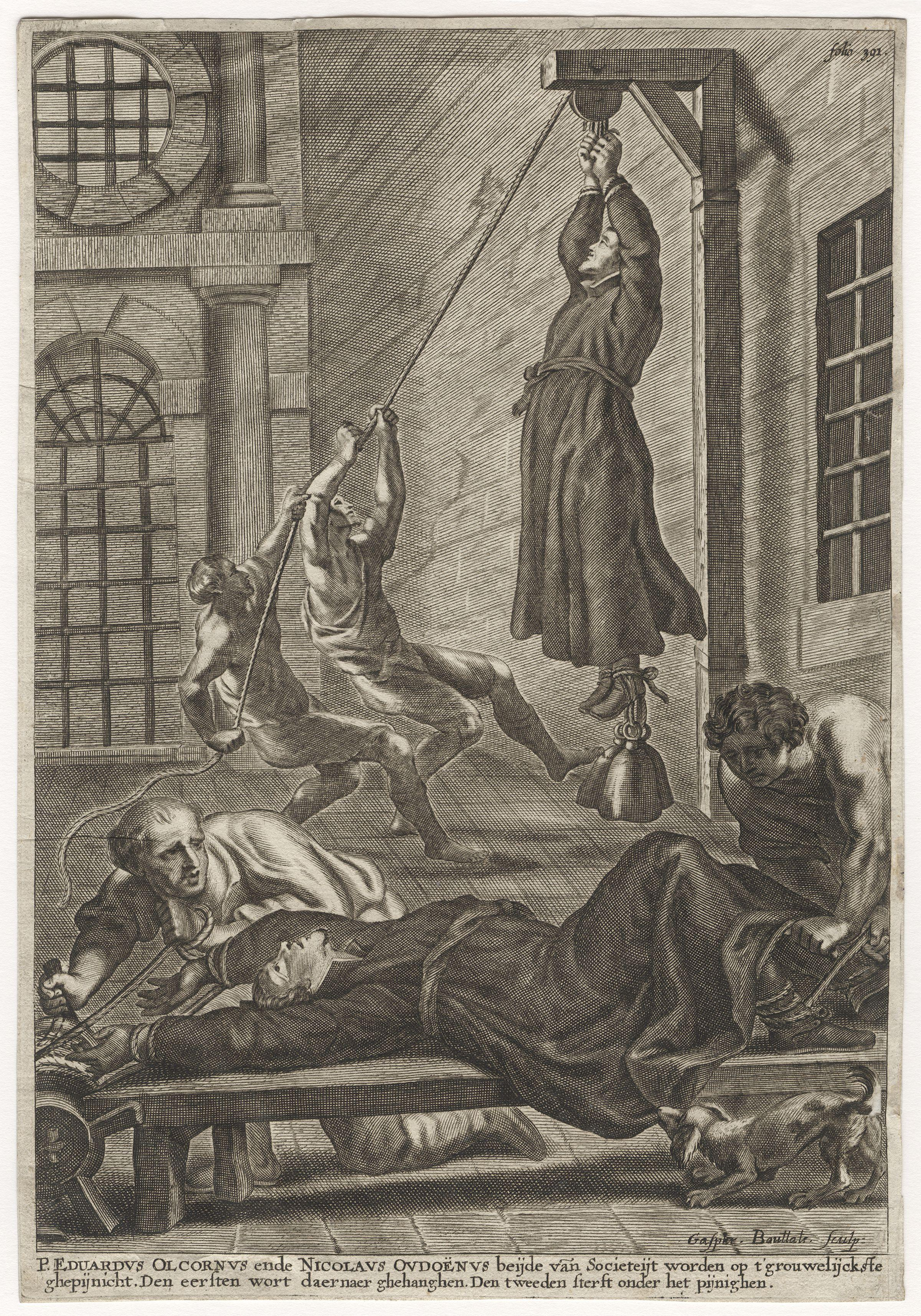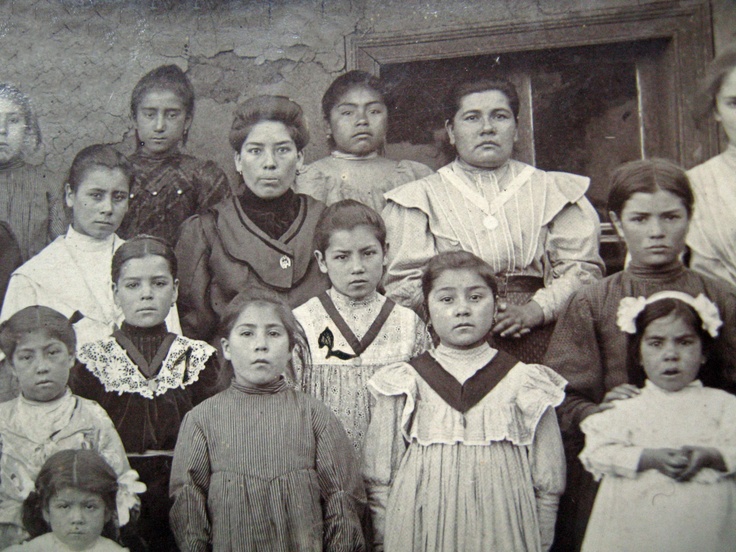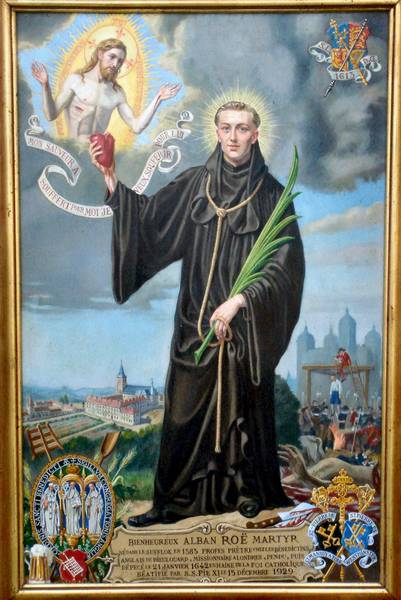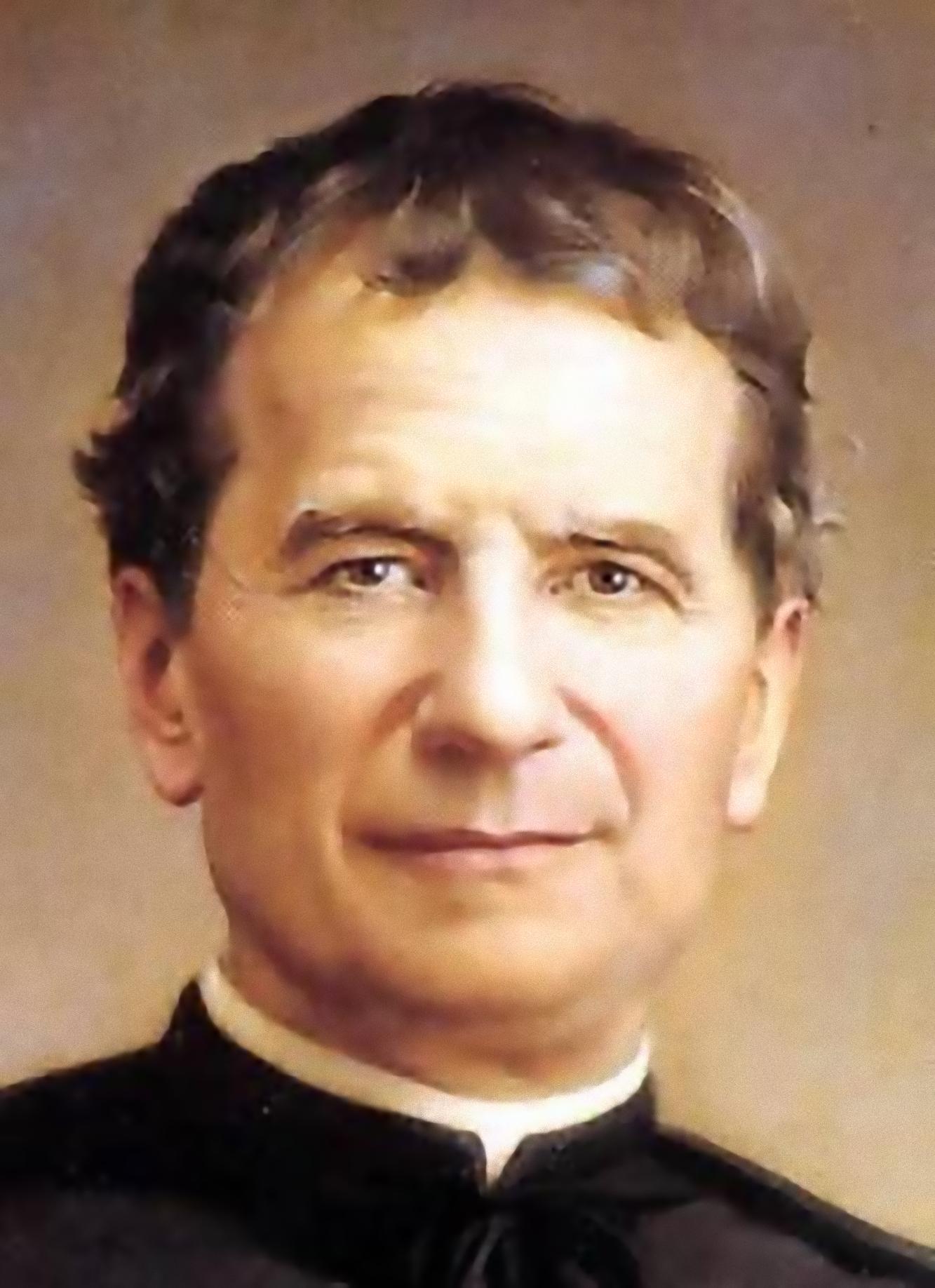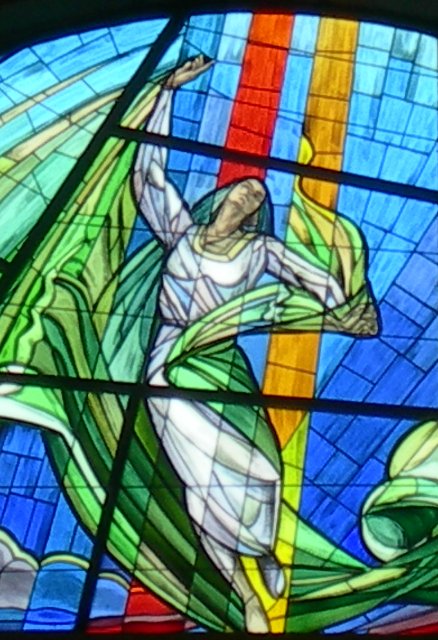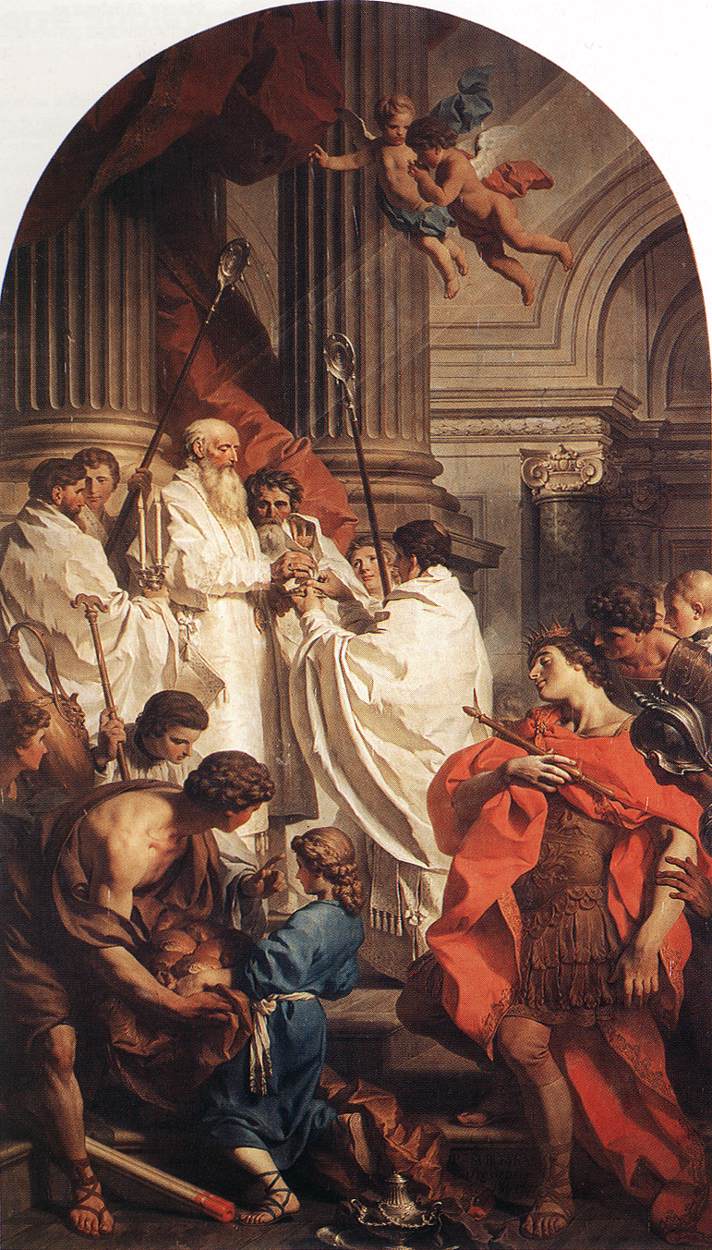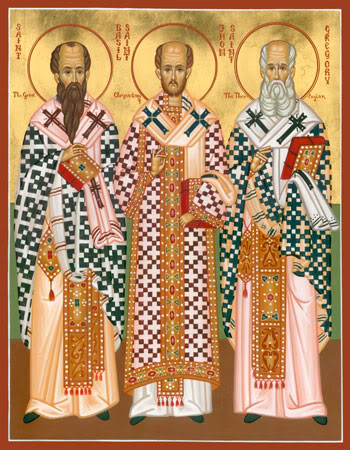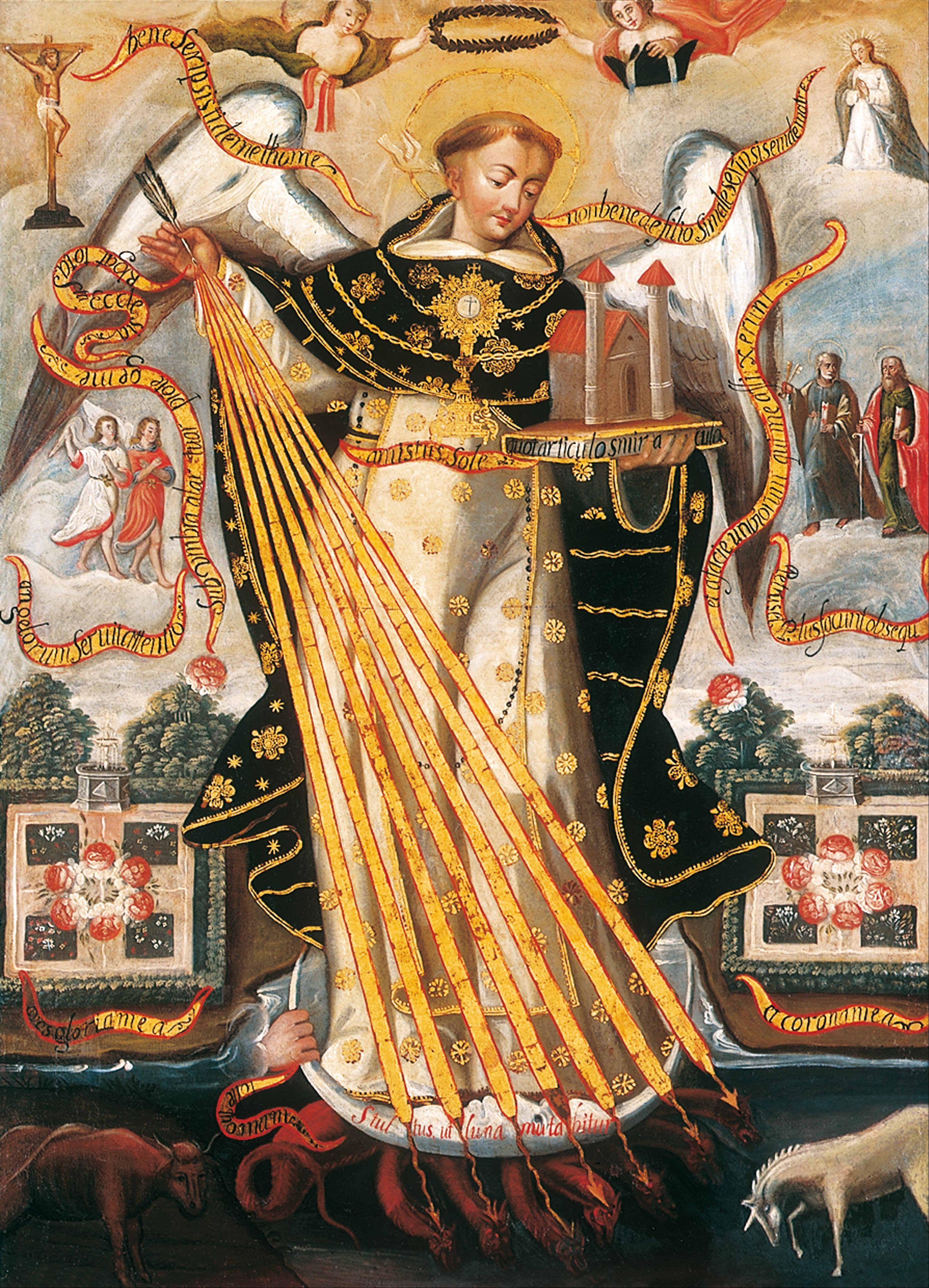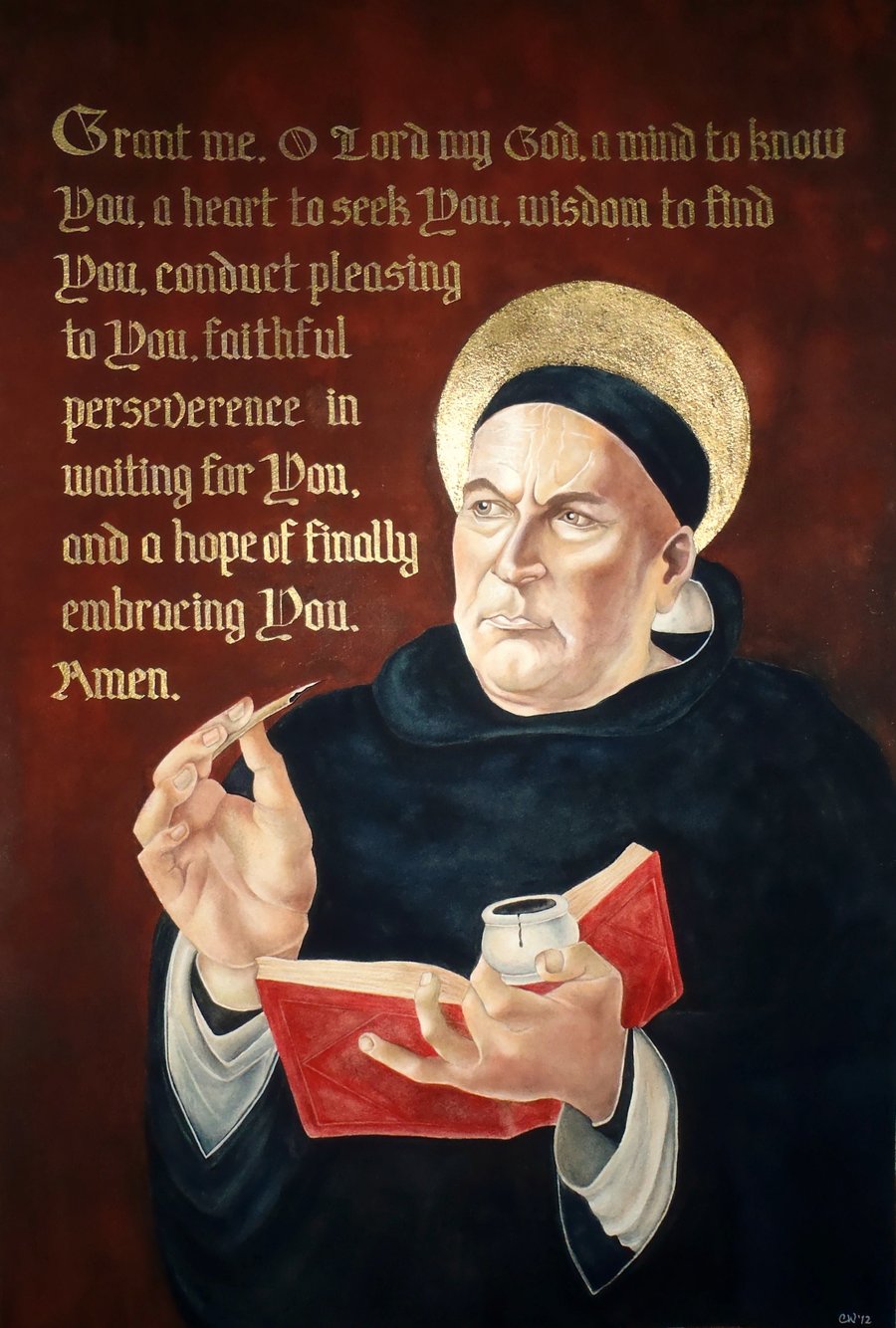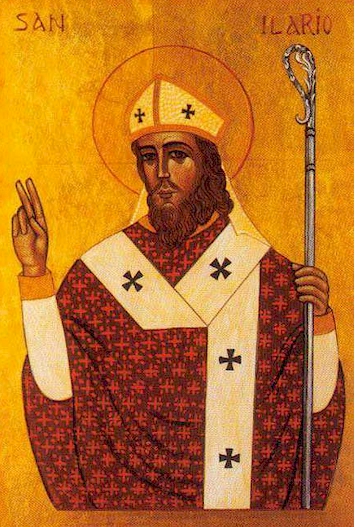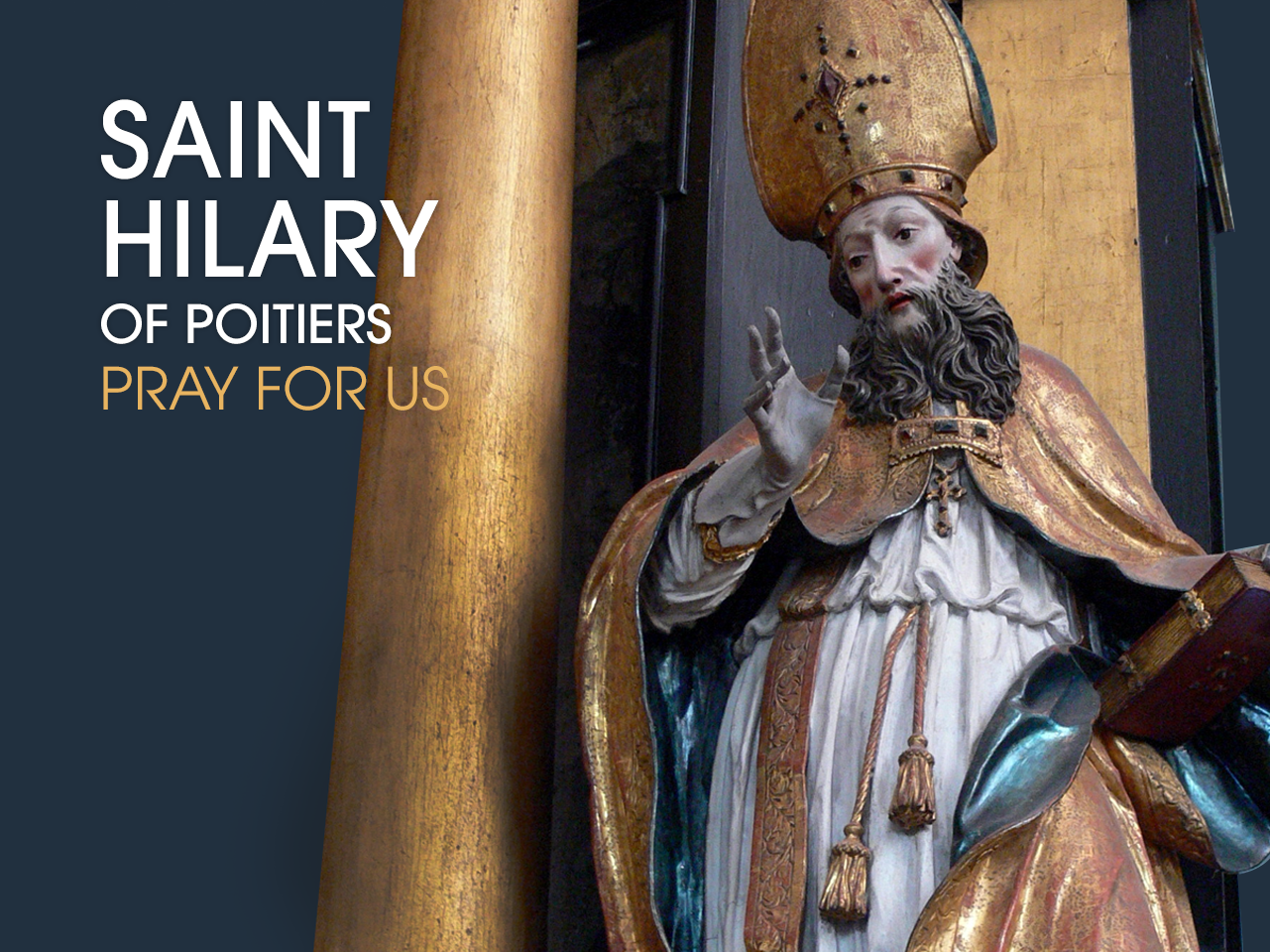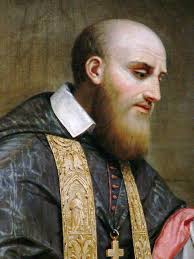
You may have heard the expression: “A spoonful of honey attracts more flies than a barrelful of vinegar.” You can thank St Francis de Sales for that one. He also lived it.
“It is an error, or rather a heresy, to say devotion is incompatible with the life of a soldier, a tradesman, a prince, or a married woman…. It has happened that many have lost perfection in the desert who had preserved it in the world. ” -St Francis de Sales
“Because some have committed spiritual homicide, we should not commit spiritual suicide.” -St Francis De Sales, 1621
Francis de Sales (French: Saint François de Sales) (August 21, 1567 – December 28, 1622) was Bishop of Geneva. He is known also for his writings on the topic of spiritual direction and spiritual formation, particularly the Introduction to the Devout Life, along with his Treatise on the Love of God. His writings on the perfections of the Heart of Mary as the model of love for God influenced St Jean Eudes to develop the devotion to the Hearts of Jesus and Mary.
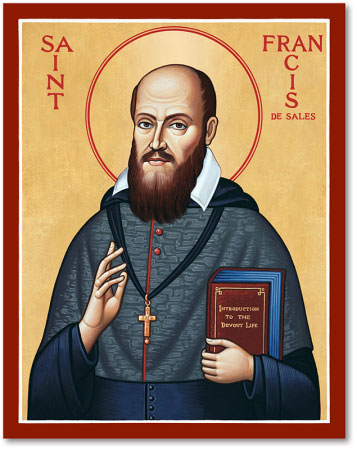
Born in France in 1567, Francis was a patient man. Francis de Sales took seriously the words of Christ, “Learn of Me for I am meek and humble of heart.” As he said himself, it took him 20 years to conquer his quick temper, but no one ever suspected he had such a problem, so overflowing with good nature and kindness was his usual manner of acting. His perennial meekness and sunny disposition won for him the title of “Gentleman Saint.”
Born in the castle of Château de Thorens to a well-placed Savoyard family, the eldest of twelve children born to François de Boisy and Françoise de Sionnz. His parents intended that Francis become a soldier, then a lawyer, enter politics, and carry on the family line and power. He studied at La Roche and Annecy in France, taught by Jesuits. Attended the Collège de Clermont in Paris, France at age 12.
Francis knew for thirteen years that he had a vocation to the priesthood before he mentioned it to his family. When his father said that he wanted Francis to be a soldier and sent him to Paris to study, Francis said nothing. Then when he went to Padua to get a doctorate in law, he still kept quiet, but he studied theology and practiced mental prayer while getting into swordfights and going to parties.
In his early teens, Francis began to believe in pre-destination, a heresy, and was so afraid that he was preemptorily condemned to Hell that he became ill and eventually was confined to bed. However, in January 1587 at the Church of Saint Stephen, he overcame the crisis.
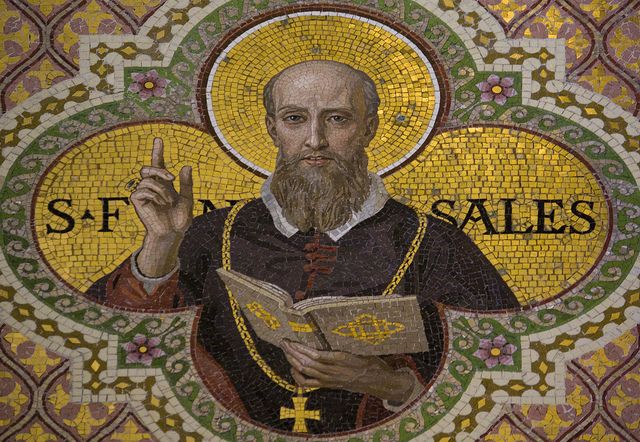
Francis came to the conclusion that whatever God had in store for him was good, because “God is love”, as Scripture attests. This faithful devotion to the God of love not only expelled his doubts, but also influenced the rest of his life and his teachings. His way of teaching Catholic spirituality is often referred to as the Way of Divine Love, or the Devout Life, taken from a book he wrote of a similar name: Introduction to the Devout Life.
Studied law and theology at the University of Padua, Italy, and earned a doctorate in both fields. He returned home, and found a position as Senate advocate. Even when his bishop told him if he wanted to be a priest that he thought that he would have a miter waiting for him someday, Francis uttered not a word. Why did Francis wait so long? Throughout his life he waited for God’s will to be clear. He never wanted to push his wishes on God.
God finally made God’s will clear to Francis while he was riding. Francis fell from his horse three times. Every time he fell the sword came out of the scabbard. Every time it came out the sword and scabbard came to rest on the ground in the shape of the cross. And then, Francis, without knowing about it, was appointed provost of his diocese, second in rank to the bishop.
It was at this point that he received a message telling him to “Leave all and follow Me.” He took this as a call to the priesthood, a move his family fiercely opposed, especially when he refused a marriage that had been arranged for him. However, he pursued a devoted prayer life, and his gentle ways won over the family.
Perhaps he was wise to wait, for he wasn’t a natural pastor. His biggest concern on being ordained that he had to have his lovely curly gold hair cut off. And his preaching left the listeners thinking he was making fun of him. Others reported to the bishop that this noble-turned- priest was conceited and controlling.
Then Francis had a bad idea — at least that’s what everyone else thought. This was during the time of the Protestant reformation and just over the mountains from where Francis lived was Switzerland — Calvinist territory. Francis decided that he should lead an expedition to convert the 60,000 Calvinists back to Catholicism. But by the time he left his expedition consisted of himself and his cousin. His father refused to give him any aid for this crazy plan and the diocese was too poor to support him.
For three years, he trudged through the countryside, had doors slammed in his face and rocks thrown at him. In the bitter winters, his feet froze so badly they bled as he tramped through the snow. He slept in haylofts if he could, but once he slept in a tree to avoid wolves. He tied himself to a branch to keep from falling out and was so frozen the next morning he had to be cut down. And after three years, his cousin had left him alone and he had not made one convert.
Francis’ unusual patience kept him working. No one would listen to him, no one would even open their door. So Francis found a way to get under the door. He wrote out his sermons, copied them by hand, and slipped them under the doors. This is the first record we have of religious tracts being used to communicate with people.
The parents wouldn’t come to him out of fear. So Francis went to the children. When the parents saw how kind he was as he played with the children, they began to talk to him.
By the time, Francis left to go home he is said to have converted 40,000-72,000, by some accounts, people back to Catholicism.
In 1593 he was appointed provost of the diocese of Geneva, Switzerland. Preacher, writer and spiritual director in the district of Chablais. His simple, clear explanations of Catholic doctrine, and his gentle way with everyone, brought many back to the Roman Church. He even used sign language in order to bring the message to the deaf, leading to his patronage of deaf people.
In 1602 he was made bishop of the diocese of Geneva, in Calvinist territory. He only set foot in the city of Geneva twice — once when the Pope sent him to try to convert Calvin’s successor, Beza, and another when he traveled through it.
It was in 1604 that Francis took one of the most important steps in his life, the step toward holiness and mystical union with God.
In Dijon that year Francis saw a widow listening closely to his sermon — a woman he had seen already in a dream. Jane de Chantal was a person on her own, as Francis was, but it was only when they became friends that they began to become saints. Jane wanted him to take over her spiritual direction, but, not surprisingly, Francis wanted to wait. “I had to know fully what God Himself wanted. I had to be sure that everything in this should be done as though His hand had done it.” Jane was on a path to mystical union with God and, in directing her, Francis was compelled to follow her and become a mystic himself.
Three years after working with Jane, he finally made up his mind to form a new religious order. But where would they get a convent for their contemplative Visitation nuns? A man came to Francis without knowing of his plans and told him he was thinking of donating a place for use by pious women. In his typical way of not pushing God, Francis said nothing. When the man brought it up again, Francis still kept quiet, telling Jane, “God will be with us if He approves.” Finally the man offered Francis the convent.
Francis was overworked and often ill because of his constant load of preaching, visiting, and instruction — even catechizing a deaf man so he could take first Communion. He believed the first duty of a bishop was spiritual direction and wrote to Jane, “So many have come to me that I might serve them, leaving me no time to think of myself. However, I assure you that I do feel deep-down- within-me, God be praised. For the truth is that this kind of work is infinitely profitable to me.” For him active work did not weaken his spiritual inner peace but strengthened it. He directed most people through letters, which tested his remarkable patience. “I have more than fifty letters to answer. If I tried to hurry over it all, I would be lost. So I intend neither to hurry or to worry. This evening, I shall answer as many as I can. Tomorrow I shall do the same and so I shall go on until I have finished.”
At that time, the way of holiness was only for monks and nuns — not for ordinary people. Francis changed all that by giving spiritual direction to lay people living ordinary lives in the world. But he had proven with his own life that people could grow in holiness while involved in a very active occupation. Why couldn’t others do the same? His most famous book, Introduction to the Devout Life, was written for these ordinary people in 1608. Written originally as letters, it became an instant success all over Europe — though some preachers tore it up because he tolerated dancing and jokes!
For Francis, the love of God was like romantic love. He said, “The thoughts of those moved by natural human love are almost completely fastened on the beloved, their hearts are filled with passion for it, and their mouths full of its praises. When it is gone they express their feelings in letters, and can’t pass by a tree without carving the name of their beloved in its bark. Thus too those who love God can never stop thinking about Him, longing for Him, aspiring to Him, and speaking about Him. If they could, they would engrave the name of Jesus on the hearts of all humankind.”
The key to love of God was prayer. “By turning your eyes on God in meditation, your whole soul will be filled with God. Begin all your prayers in the presence of God.”
For busy people of the world, he advised “Retire at various times into the solitude of your own heart, even while outwardly engaged in discussions or transactions with others and talk to God.”
The test of prayer was a person’s actions: “To be an angel in prayer and a beast in one’s relations with people is to go lame on both legs.”
He believed the worst sin was to judge someone or to gossip about them. Even if we say we do it out of love we’re still doing it to look better ourselves. But we should be as gentle and forgiving with ourselves as we should be with others. Francis de Sales tells us: “The person who possesses Christian meekness is affectionate and tender towards everyone: he is disposed to forgive and excuse the frailties of others; the goodness of his heart appears in a sweet affability that influences his words and actions, presents every object to his view in the most charitable and pleasing light.”
Friend of Saint Vincent de Paul, he turned down a wealthy French bishopric to continue working where God had placed him. As he became older and more ill he said, “I have to drive myself but the more I try the slower I go.” He wanted to be a hermit but he was more in demand than ever. The Pope needed him, then a princess, then Louis XIII. “Now I really feel that I am only attached to the earth by one foot…” He died on December 28, 1622, after giving a nun his last word of advice: “Humility.”
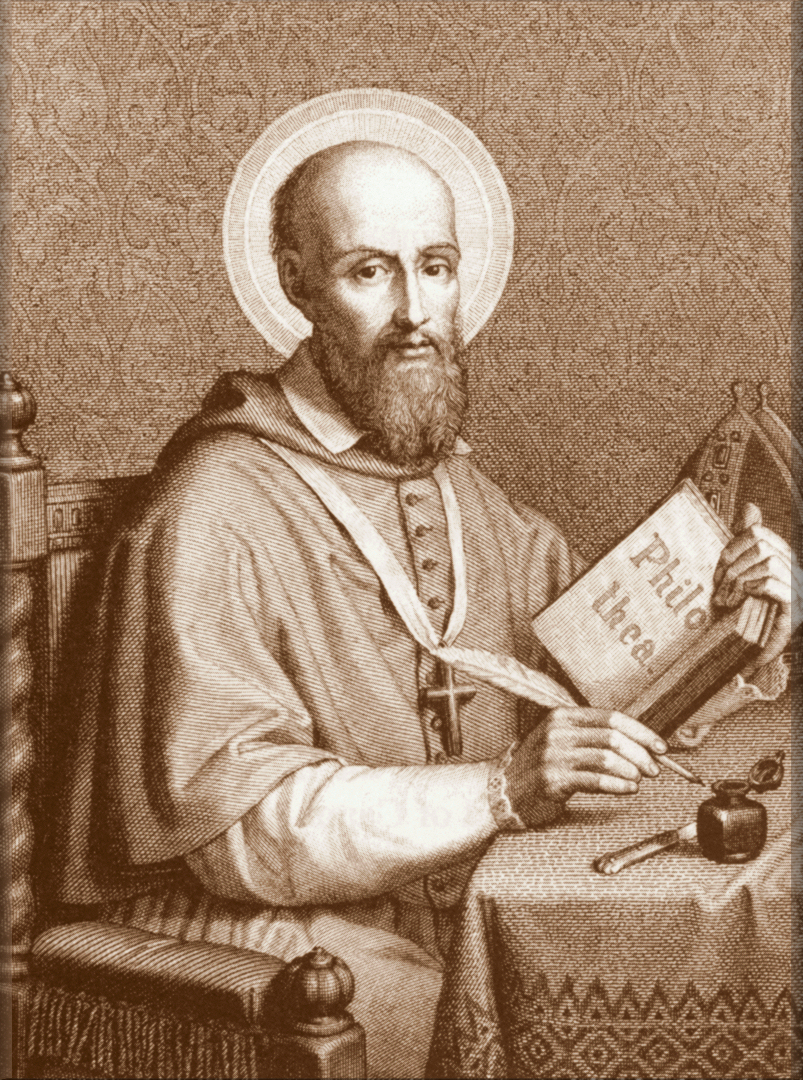
Prayers & reflections by St Francis de Sales
“O love eternal,
my soul needs and chooses you eternally!
Ah, come Holy Spirit,
and inflame our hearts with your love!
To love — or to die!
To die — and to love!
To die to all other love
in order to live in Jesus’ love,
so that we may not die eternally.
But that we may live in your eternal love,
O Savior of our souls,
we eternally sing,
“Live, Jesus!
Jesus, I love!
Live, Jesus, whom I love!
Jesus, I love,
Jesus who lives and reigns
forever and ever.
Amen.”
-from Treatise on the Love of God
“Lord, I am Yours,
and I must belong to no one but You.
My soul is Yours,
and must live only by You.
My will is Yours,
and must love only for You.
I must love You as my first cause,
since I am from You.
I must love You as my end and rest,
since I am for You.
I must love You more than my own being,
since my being subsists by You.
I must love You more than myself,
since I am all Yours and all in You.
Amen.”
-from Treatise on the Love of God
“Oh what remorse we shall feel at the end of our lives, when we look back upon the great number of instructions and examples afforded by God and the Saints for our perfection, and so carelessly received by us! If this end were to come to you today, how would you be pleased with the life you have led?”
— St. Francis de Sales
“We must fear God out of love, not love Him out of fear.”
— St. Francis de Sales
“Make friends with the angels, who though invisible are always with you. Often invoke them, constantly praise them, and make good use of their help and assistance in all your temporal and spiritual affairs.”
–St. Francis de Sales
“To be pleased at correction and reproofs shows that one loves the virtues which are contrary to those faults for which he is corrected and reproved. And, therefore, it is a great sign of advancement in perfection.”
— St. Francis de Sales
“Humility consists in not esteeming ourselves above other men, and in not seeking to be esteemed above them.”
-St. Francis de Sales
“The more one mortifies his natural inclinations, the more he renders himself capable of receiving divine inspirations and of progressing in virtue.”
-St. Francis de Sales
“Let the world turn upside down, let everything be in darkness, in smoke, in uproar – God is with us!”
-St. Francis de Sales
“Work hard every day at increasing your purity of heart, which consists in appraising things and weighing them in the balance of God’s will.”
–St. Francis de Sales
“The only thing ever achieved in life without effort is failure.”
-St. Francis of Assisi
“He will either shield you from suffering or will give you unfailing strength to bear it. Be at peace and put aside all anxious thoughts and imaginations.”
-St. Francis de Sales
“Prayer brings our mind into the brightness of divine light, and exposes our will to the warmth of divine love. Nothing else can so purge our mind from its ignorance, and our will from its depraved affections. It is a blessed fountain which, as it flows, revives our good desires and causes them to bring forth fruit, washes away the stains of infirmity from our soul, and calms the passions of our hearts.”
—St. Francis de Sales, Introduction to the Devout Life
“To love God’s will in consolations is a good love when it is truly God’s will we love and not the consolation wherein it lies. Still, it is a love without opposition, repugnance, or effort. Who would not love so worthy a will in so agreeable a form? To love God’s will in His commandments, counsels, and inspirations is the second degree of love and it is much more perfect. It carries us forward to renounce and give up our own will, and enables us to abstain from and forbear many pleasures, but not all of them. To love suffering and affliction out of love for God is the summit of most holy charity. In it nothing is pleasant but the divine will alone; there is great opposition on the part of our nature; and not only do we forsake all pleasures, but we embrace torments and labors.”
—St. Francis de Sales
“Always be impartial and just in your deeds. Put yourself into your neighbor’s place, and him in yours, and then you will judge fairly . . . Frequently, therefore, examine your heart, whether it is so disposed towards your neighbor, as you would have his disposed towards you, were you to change places; for this is the true test.”
—St. Francis de Sales, Introduction to the Devout Life
“Always give good heed to the Word of God, whether you hear or read it in private, or hearken to it when publicly preached: listen with attention and reverence; seek to profit by it, and do not let the precious words fall unheeded; receive them into your heart as a costly balsam; imitate the Blessed Virgin who ‘kept all the sayings’ concerning her Son, ‘in her heart.’ And remember that according as we hearken to and receive God’s words, so will He hearken and receive our supplications.”
—St. Francis de Sales
“Two mistakes I find common among spiritual persons. One is that they ordinarily measure their devotion by the consolations and satisfactions which they experience in the way of God, so that if these happen to be wanting, they think they have lost all devotion. No, this is no more than a sensible devotion. True and substantial devotion does not consist in these things, but in having a will resolute, active, ready and constant not to offend God, and to perform all that belongs to His service. The other mistake is that if it ever happens to them to do anything with repugnance and weariness, they believe they have no merit in it. On the other hand, there is then far greater merit; so that a single ounce of good done thus by a sheer spiritual effort, amidst darkness and dullness and without interest, is worth more than a hundred pounds done with great facility and sweetness, since the former requires a stronger and purer love. And how great so ever may be the aridities and repugnance of the sensible part of our soul, we ought never to lose courage, but pursue our way as travelers treat the barking of dogs.”
— St. Francis de Sales

-please click on the image for a larger view and easier reading
“Our greatest fault is that we wish to serve God in our way, not in His way- according to our will, not according to His will. When He wishes us to be sick, we wish to be well; when He desires us to serve Him by sufferings, we desire to serve Him by works; when He wishes us to exercise charity, we wish to exercise humility; when He seeks from us resignation, we wish for devotion, a spirit of prayer or some other virtue. And this is not because the things we desire may be more pleasing to Him, but because they are more to our taste. This is certainly the greatest obstacle we can raise to our own perfection, for it is beyond doubt that if we were to wish to be Saints according to our own will, we shall never be so at all. To be truly a Saint, it is necessary to be one according to the will of God.”
— St. Francis de Sales
“All the science of the Saints is included in these two things: To do, and to suffer. And whoever had done these two things best, has made himself most saintly.”
— St. Francis de Sales
“In marriage, one takes a vow, but it is the only consecration where a vow is taken without a novitiate. If it had a year (or fifteen) of novitiate, how few would enter into it.” -St Francis de Sales
“The world considers us fools; we must consider it crazy.”
-St. Francis de Sales
“The greatest method of praying is to pray the Rosary.”
—St. Francis de Sales
“Let us practice many acts of kindness and gentle charity toward those we like the least.”
-St. Francis de Sales
“Anxiety is the soul’s greatest enemy, sin only excepted.” -St Frances de Sales, An Introduction to the Devout Life
“Although we may be able to do but little, the enemy nevertheless stands more in awe of those whom he knows can fast.”
-St Francis de Sales
“If during vocal prayer your heart is drawn to mental prayer, do not restrain it, but let your devotion take that channel, omitting the vocal prayers which you intended to say: that which takes their place is more acceptable to God, and more useful to your own soul.”
—St. Francis de Sales, An Introduction to the Devout Life
“The greatest fault among those who have a good will is that they wish to be something they cannot be, and do not wish to be what they necessarily must be. They conceive desires to do great things for which, perhaps, no opportunity may ever come to them, and meantime neglect the small which the Lord puts into their hands. There are a thousand little acts of virtue, such as bearing with the importunities and imperfections of our neighbors, not resenting an unpleasant word or a trifling injury, restraining an emotion of anger, mortifying some little affection, some ill-regulated desire to speak or listen, excusing indiscretion, or yielding to another in trifles. These things are to be done by all; why not practice them. The occasions for great gains come but rarely, but of little gains many can be made each day; and by managing these little gains with judgment, there are some who grow rich. Oh, how holy and rich in merits we should make ourselves, if we but knew how to profit by the opportunities which our vocation supplies to us! Yes, yes, let us apply ourselves to follow well the path which is close before us, and to do well on the first opportunity, without occupying ourselves with thoughts of the last, and thus we shall make good progress.“
— St. Francis de Sales
“To be perfect in one’s vocation is nothing else than to perform the duties and offices to which one is obliged, solely for the honor and love of God, referring to His glory. Whoever works in this manner may be called perfect in his state, a man according to the heart and will of God.”
— St. Francis de Sales
“A servant of God signifies one who has a great charity towards his neighbor and an inviolable resolution to follow in everything the Divine Will; who bears with his own deficiencies, and patiently supports the imperfections of others.”
— St. Francis de Sales
“The queen bee never settles in her hive without being surrounded by her swarm, and charity never takes possession of the heart without bringing in her train all other virtues, exercising them and bringing them into play as a general his troops. But she does not call them forth suddenly, all at once, nor in all times and places. The good man is like a tree planted by the water-side that will bring forth its fruit in due season, because when a soul is watered with charity, it brings forth good works seasonably and with discretion.”
—St. Francis de Sales
“Temptation to a certain sin, to any sin whatsoever, might last throughout our whole life, yet it can never make us displeasing to God’s Majesty provided we do not take pleasure in it and give consent to it. You must have great courage in the midst of temptation. Never think yourself overcome as long as they are displeasing to you, keeping clearly in mind the difference between feeling temptation and consenting to it.”
— St. Francis de Sales, Fulfillment of All Desire
“The person who possesses Christian meekness is affectionate and tender towards everyone: He is disposed to forgive and excuse the frailties of others; the goodness of his heart appears in a sweet affability that influences his words and actions, presents every object to his view in the most charitable and pleasing light.”
— St. Francis de Sales
“Do not lose courage in considering your own imperfections, but instantly set about remedying them.”
— St. Francis de Sales
“Our entire good consists not only in accepting the truth of God’s word, but in persevering in it.”
-St. Francis de Sales
“Make friends with the angels, who though invisible are always with you. Often invoke them, constantly praise them, and make good use of their help and assistance in all your temporal and spiritual affairs.”
–St. Francis de Sales
“Consider all the past as nothing, and say, like David: Now I begin to love my God.”
— St. Francis de Sales
“It should be our principal business to conquer ourselves and, from day to day, to go on increasing in strength and perfection. Above all, however, it is necessary for us to strive to conquer our little temptations, such as fits of anger, suspicions, jealousies, envy, deceitfulness, vanity, attachments, and evil thoughts. For in this way we shall acquire strength to subdue greater ones.”
— St. Francis de Sales
“There is nothing which edifies others so much as charity and kindness, by which, as by the oil in our lamp, the flame of good example is kept alive.”
— St. Francis de Sales
“It is necessary to find those who will support us and need our support in promoting the devout life.”
-St. Francis de Sales
“As often as you can during the day, recall your mind to the presence of God…Remember frequently to retire into the solitude of your heart, even while you are externally occupied in business or society. This mental solitude need not be hindered even though many people may be around you, for they surround your body not your heart, which should remain alone in the presence of God. As David said, “My eyes are ever looking at the Lord.” We are rarely so taken up in our exchanges with others as to be unable from time to time to move our hearts into solitude with God.”
— St. Francis de Sales
“As soon as worldly people see that you wish to follow a devout life they aim a thousand darts of mockery and even detraction at you. The most malicious of them will slander your conversion as hypocrisy, bigotry, and trickery. They will say that the world has turned against you and being rebuffed by it you have turned to God. Your friends will raise a host of objections which they consider very prudent and charitable. They will tell you that you will become depressed, lose your reputation in the world, be unbearable, and grow old before your time, and that your affairs at home will suffer. You must live in the world like one in the world. They will say that you can save your soul without going to such extremes, and a thousand similar trivialities. Philothea, all this is mere foolish, empty babbling. These people aren’t interested in your health or welfare. “If you were of the world, the world would love what is its own but because you are not of the world, therefore the world hates you,” says the Savior. We have seen gentlemen and ladies spend the whole night, even many nights one after another, playing chess or cards. Is there any concentration more absurd, gloomy, or depressing than this last? Yet worldly people don’t say a word and the players’ friends don’t bother their heads about it. If we spend an hour in meditation or get up a little earlier than usual in the morning to prepare for Holy Communion, everyone runs for a doctor to cure us of hypochondria and jaundice. People can pass thirty nights in dancing and no one complains about it, but if they watch through a single Christmas night they cough and claim their stomach is upset the next morning. Does anyone fail to see that the world is an unjust judge, gracious and well disposed to its own children but harsh and rigorous towards the children of God? We can never please the world unless we lose ourselves together with it. It is so demanding that it can’t be satisfied. “John came neither eating nor drinking,” says the Savior, and you say, “He has a devil.” “The Son of man came eating and drinking” and you say that he is “a Samaritan.” It is true, Philothea, that if we are ready to laugh, play cards, or dance with the world in order to please it, it will be scandalized at us, and if we don’t, it will accuse us of hypocrisy or melancholy. If we dress well, it will attribute it to some plan we have, and if we neglect our dress, it will accuse of us of being cheap and stingy. Good humor will be called frivolity and mortification sullenness. Thus the world looks at us with an evil eye and we can never please it. It exaggerates our imperfections and claims they are sins, turns our venial sins into mortal sins and changes our sins of weakness into sins of malice. “Charity is kind,” says Saint Paul, but the world on the contrary is evil. “Charity thinks no evil,” but the world always thinks evil and when it can’t condemn our acts it will condemn our intentions. Whether the sheep have horns or not and whether they are white or black, the wolf doesn’t hesitate to eat them if he can. Whatever we do, the world will wage war on us. If we stay a long time in the confessional, it will wonder how we can have so much to say; if we stay only a short time, it will say we haven’t told everything. It will watch all our actions and at a single little angry word it will protest that we can’t get along with anyone. To take care of our own interests will look like avarice, while meekness will look like folly. As for the children of the world, their anger is called being blunt, their avarice economy, their intimate conversations lawful discussions. Spiders always spoil the good work of the bees. Let us give up this blind world, Philothea. Let it cry out at us as long as it pleases, like a cat that cries out to frighten birds in the daytime. Let us be firm in our purposes and unswerving in our resolutions. Perseverance will prove whether we have sincerely sacrificed ourselves to God and dedicated ourselves to a devout life. Comets and planets seem to have just about the same light, but comets are merely fiery masses that pass by and after a while disappear, while planets remain perpetually bright. So also hypocrisy and true virtue have a close resemblance in outward appearance but they can be easily distinguished from one another. Hypocrisy cannot last long but is quickly dissipated like rising smoke, whereas true virtue is always firm and constant. It is no little assistance for a sure start in devotion if we first suffer criticism and calumny because of it. In this way we escape the danger of pride and vanity, which are comparable to the Egyptian midwives whom a cruel Pharaoh had ordered to kill the Israelites’ male children on the very day of their birth. We are crucified to the world and the world must be crucified to us. The world holds us to be fools; let us hold it to be mad.” – Saint Francis de Sales, from Introduction to the Divine Life
“O Lord God, was it not enough to permit us to love You without its being necessary to invite us to do so by exhortations, even obliging us to do so by commanding it? Yes, O divine Goodness, in order that neither Your greatness nor our lowliness, nor any other pretext could prevent us from loving You, You have commanded us to do so. O my God, if we could only comprehend the happiness and honor of being able to love You, how indebted we should feel to You, who not only permit but command us to love You! O my God, I do not know whether I should love more Your infinite beauty which Your divine goodness commands me to love or this goodness of Yours which commands me to love such infinite beauty! O beauty of my God, how lovable you are, being revealed to me by Your immense goodness! O goodness, how lovable you are, communicating to me such eminent beauty!
O Lord, how sweet is this commandment. If it were given to the damned, they would be instantly freed from their sufferings and supreme misfortune, for the blessed enjoy beatitude only by complying with it. O, celestial Love! how amiable You are to our souls! O divine Goodness, may You be blessed eternally, You who so urgently command us to love You, although Your love is so desirable and necessary for our happiness that, without it, we could only be unhappy!
O Lord, in heaven we shall need no commandment to love You, for our hearts, attracted and ravished by the vision of Your sovereign beauty and goodness, will necessarily love You eternally. There our hearts will be wholly free of passions, our souls will be completely delivered from distractions, our minds will have no anxieties, our powers will have no repugnances, and therefore we shall love You with a perpetual, uninterrupted love. But in this mortal life, we cannot achieve such a perfect degree of love, because, as yet, we do not have the heart, the soul, the mind, or the powers of the blessed. Nevertheless, You desire us to do in this life everything that depends on ourselves to love You with all our heart and all the strength we have; this is not only possible but very easy, for to love You, O God, is a sovereignly lovable thing” (cf. St. Francis de Sales).
“Let us submit ourselves to His guidance and Sovereign direction; let us come to Him that He may forgive us, cleanse us, change us, guide us, and save us. This is the true life of the saints!” -St Francis de Sales
“Go to prayer in faith. Remain there in hope. Go out only by love.” -St Francis de Sales
“If the heart wanders or is distracted, bring it back to the point quite gently and replace it tenderly in its Master’s presence. And even if you did nothing during the whole of your hour but bring your heart back and place it again in Our Lord’s presence, though it went away every time you brought it back, your hour would be very well employed.”
–St. Francis de Sales
“See this great Architect of Mercy: He converts our miseries into grace and makes salutary medicine for our souls from the venom of our iniquities.” -St. Francis DeSales
“Do not wish to be anything but what you are, and try to be that perfectly.” -St. Francis de Sales
“Calvary is the mountain on which sacred lovers are formed.” – St. Francis de Sales
“Our confidence in God must be founded on His infinite goodness and on the merits of the Passion and death of our Lord Jesus Christ, with this condition on our part: that we should preserve and recognize in ourselves an entire and firm resolution to belong wholly to God, and to abandon ourselves in all things, and without any reserve, to His Providence. Observe that I do not say that we must feel this resolution to belong wholly to God, but only that we must have it and recognize it in ourselves; we must not concern ourselves with what we feel or do not feel, since the greater part of our feelings and satisfactions are only the movements of self-love. Neither must it be supposed that in all this practice of abandonment and indifference, we shall never have desires contrary to the will of God, or that nature will never shrink with repugnance from the dispositions of His good pleasure, for these will often occur. The virtues of abandonment and indifference reside in the higher region of our soul; the lower region, generally speaking, has nothing to do with them. We must remain at peace, and paying no attention whatever to what that lower nature desires, we must embrace the divine will and unite ourselves to it—whatsoever this may entail. There are very few persons who reach this height of perfect self-renunciation; nevertheless, we must all aim at it, each according to his little measure.”
—St. Francis de Sales, Art of Loving God
“It is wonderful how attractive a gentle, pleasant manner is, and how much it wins hearts.” -St. Francis de Sales
“In prayer we must not seek the consolations of God, but the God of consolations.” -St. Francis de Sales
“St. Joseph did not do extraordinary things, but rather by the constant practice of ordinary and common virtues, he attained that sanctity which elevates him above all the other saints.”
– St. Francis de Sales
“When you have received Him, stir up your heart to do Him homage; speak to Him about your spiritual life, gazing upon Him in your soul where He is present for your happiness; welcome Him as warmly as possible, and behave outwardly in such a way that your actions may give proof to all of His Presence.”
— St. Francis de Sales
“Nothing is so strong as gentleness, nothing so gentle as real strength” -Saint Francis de Sales
“We shall steer safely through every storm, so long as our heart is right, our intention fervent, our courage steadfast, and our trust fixed on God.”
–St. Francis de Sales
“Let us pass on now to the other question—namely, what you can do to strengthen your resolutions and make them succeed? There is no better mean than to put them into practice. But you say that you are still so weak that, although you often make strong resolutions not to fall into the particular imperfection of which you want to cure yourself, no sooner does the occasion present itself than down you go. Shall I tell you why we are still so weak? It is because we will not abstain from food that does not agree with us. It is as if a person who wished to be free from pains in the stomach were to ask a physician what he should do. The doctor replies, ‘Do not eat such and such food, because it brings you pain’; and yet the person will not abstain from it. We do the same. For example, we should like to love reproof, and yet we obstinately cling to our own opinions. That is foolishness. You will never be strong enough to bear reproof courageously while you are nourishing yourself with the food of self-esteem. I wish to keep my soul recollected, and yet I will not restrain all sorts of idle thoughts: the two things are incompatible. Ah! How much I wish that I could be steadfast and regular in my religious exercises; at the same time I wish not to find them so trying—in fact, I want to find the work done for me. That cannot be in this life, for we shall always have to labor.”
— St. Francis de Sales, p. 97, The Art of Loving God
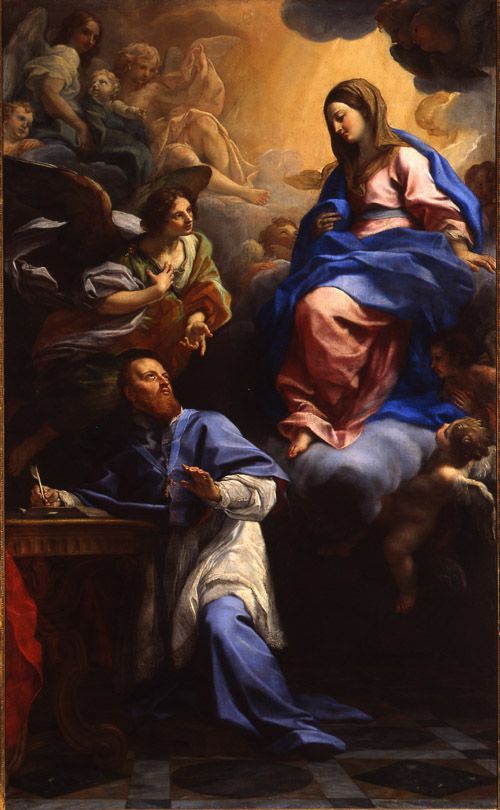
-The Virgin Appears to St Francis de Sales, by Carlo Maratta, 1691, oil on canvas
“O Glorious St. Francis de Sales, model of the interior life, and full of zeal for the salvation of souls! Obtain for me the grace to employ all my faculties, not for my own sanctification alone, but for that of my neighbor also; that continually spreading abroad the sweet odor of Jesus Christ by my words and works, I may attain with you the blessedness promised to the merciful: “Blessed are the merciful, for they shall obtain mercy;” and that I may one day have a share in the glory which you do enjoy in paradise with the angels and saints, where those who edify and instruct to justice shall shine as stars for all eternity (Dan. xii. 3). Amen.”
“Be at peace.
Do not look forward in fear to the changes in life;
rather, look to them with full hope that as they arise,
God, whose very own you are,
will lead you safely through all things;
and when you cannot stand it,
God will carry you in His arms.
Do not fear what may happen tomorrow;
the same understanding Father who cares for
you today will take care of you then and every day.
He will either shield you from suffering
or will give you unfailing strength to bear it.
Be at peace, and put aside all anxious thoughts and imaginations.
Collect: O God, who for the salvation of souls
willed that the Bishop Saint Francis de Sales
become all things to all,
graciously grant that, following his example,
we may always display the gentleness of your charity
in the service of our neighbor.
Through our Lord Jesus Christ, your Son,
who lives and reigns with you in the unity of the Holy Spirit,
one God, forever and ever.
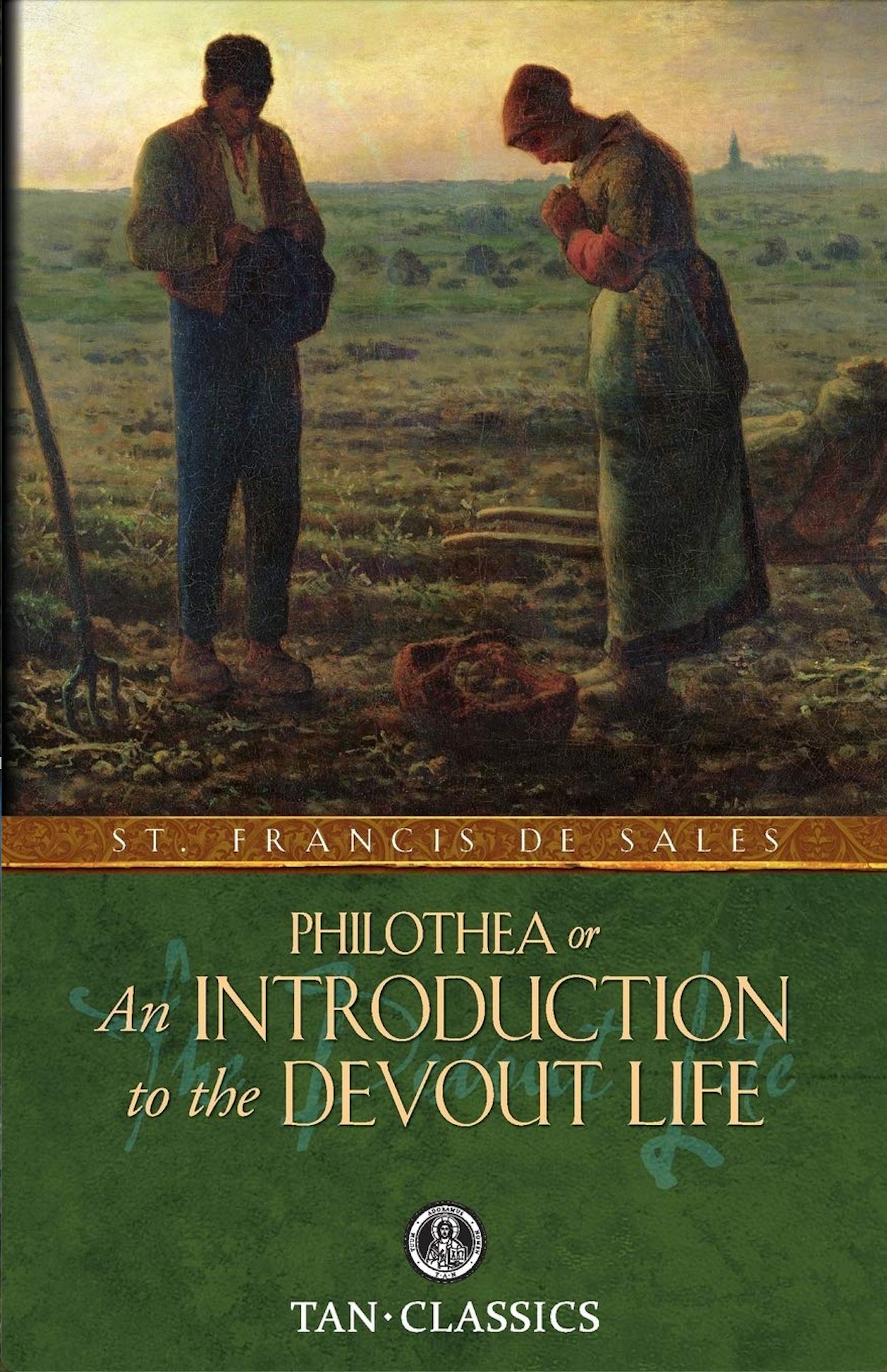
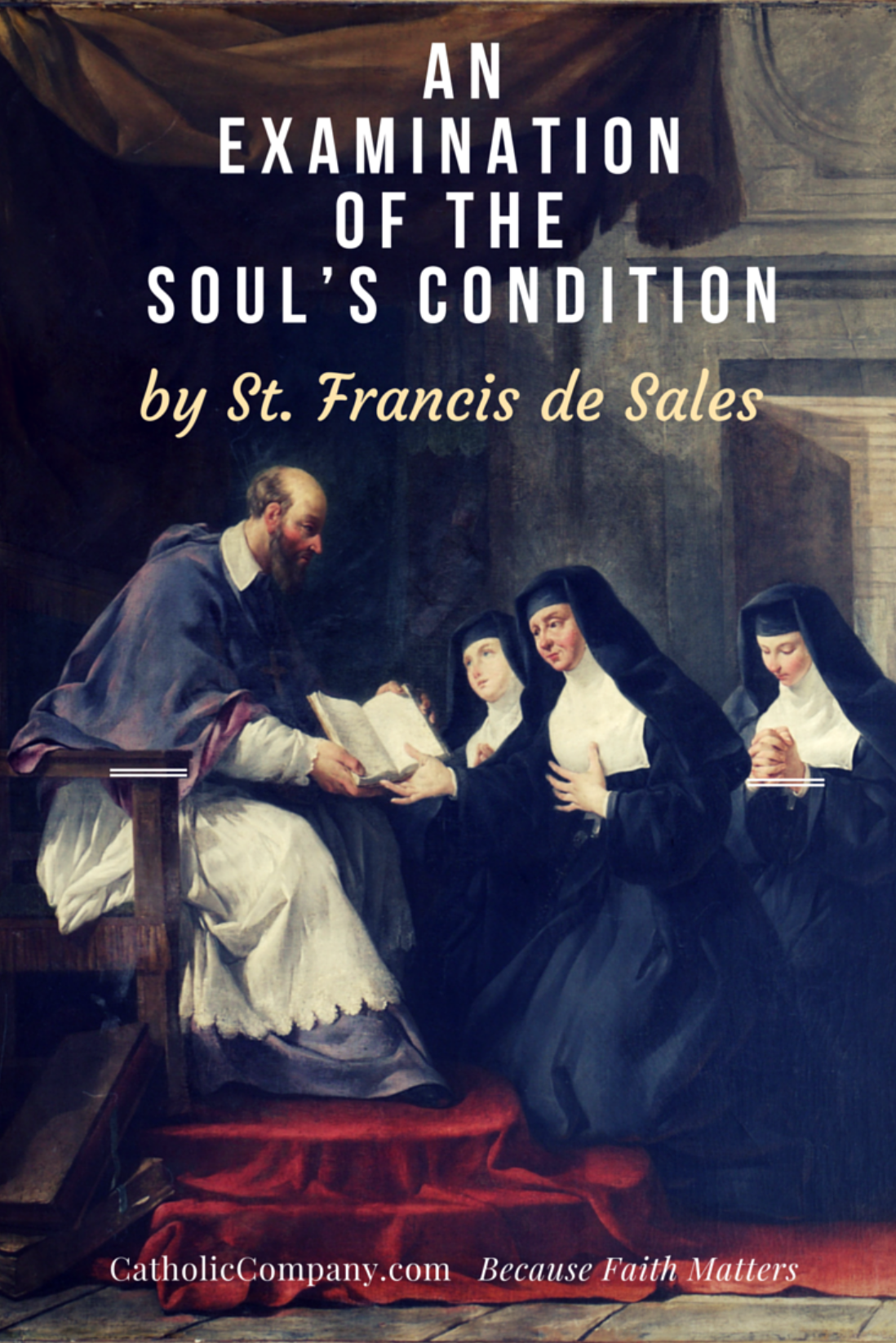
-10-Step Checklist to Self-Examine Your Soul by St. Francis de Sales
“Have patience with all things, but chiefly have patience with yourself. Do not lose courage in considering your own imperfections but instantly set about remedying them—every day begin the task anew.”
—St. Francis de Sales
“Never be in a hurry; do everything quietly and in a calm spirit. Do not lose your inner peace for anything whatsoever, even if your whole world seems upset.”
–St. Francis de Sales
“Truly, I doubt not that the angels, wondering and adoring, came thronging in countless multitudes to that poor workshop to admire the humility of him who guarded that dear and divine child, and labored at his carpenter’s trade to support the son and the mother who were committed to his care.”
—St. Francis de Sales
He was an amazing man who gave up a life of comfort and wealth among the noble class to become a common priest, and who ended up being driven by his quiet zeal to trudge barefoot, unsupported, and alone through the Swiss countryside in an attempt to convert the heretical Calvinists back to the Catholic Church after the tumultuous Protestant revolt.
After St. Francis de Sales was ordained bishop of Geneva, Switzerland, he began to get serious about developing an interior life of holiness. That is, he got serious not just with being more pious, but intentionally worked on being a true saint.
This noble goal was remarkable because, during his day, such attempts at holiness were often seen as being reserved for monks and nuns.
Holiness Is For Everyone
As a bishop, St. Francis de Sales believed that his role was to provide spiritual direction to his flock—so that’s what he did. He wrote a copious amount of letters to various individuals about the spiritual life that were eventually collected into one book called Introduction to the Devout Life.
In this book he gave laypeople practical advice in plain language, helping them develop deep interior lives that they could nourish while fulfilling their daily duties. The book was a huge success and helped to have him named one of the thirty-six Doctors of the Catholic Church.
Here is a portion from his classic Catholic book, Introduction to the Devout Life, from a chapter entitled “Examination of the Soul’s Condition as regards God.”
Examination of the Soul’s Condition as Regards God
1. What is the aspect of your heart with respect to mortal sin?
Are you firmly resolved never to commit it, let come what may? And have you kept that resolution from the time you first made it? Therein lies the foundation of the spiritual life.
2. What is your position with respect to the Commandments of God?
Are they acceptable, light and easy to you? He who has a good digestion and healthy appetite likes good food, and turns away from that which is bad.
3. How do you stand as regards venial sins?
No one can help committing some such occasionally; but are there none to which you have any special tendency, or worse still, any actual liking and clinging?
4. With respect to spiritual exercises—do you like and value them? or do they weary and vex you?
To which do you feel most or least disposed, hearing or reading God’s Word, meditating upon it, calling upon God, Confession, preparing for Communion and communicating, controlling your inclinations, etc.? What of all these is most repugnant to you? And if you find that your heart is not disposed to any of these things, examine into the cause, find out whence the disinclination comes.
5. With respect to God Himself—does your heart delight in thinking of God, does it crave after the sweetness thereof?
“I remembered Thine everlasting judgments, O Lord, and received comfort,” says David. Do you feel a certain readiness to love Him, and a definite inclination to enjoy His Love? Do you take pleasure in dwelling upon the Immensity, the Goodness, the Tenderness of God? When you are immersed in the occupations and vanities of this world, does the thought of God come across you as a welcome thing? do you accept it gladly, and yield yourself up to it, and your heart turn with a sort of yearning to Him? There are souls that do so.
6. If a wife has been long separated from her husband,
so soon as she sees him returning, and hears his voice, however cumbered she may be with business, or forcibly hindered by the pressure of circumstances, her heart knows no restraint, but turns at once from all else to think upon him she loves. So it is with souls which really love God, however engrossed they may be; when the thought of Him is brought before them, they forget all else for joy at feeling. His Dear Presence nigh, and this is a very good sign.
7. With respect to Jesus Christ as God and Man—how does your heart draw to Him?
Honey bees seek their delight in their honey, but wasps hover over stinking carrion. Even so pious souls draw all their joy from Jesus Christ, and love Him with an exceeding sweet Love, but those who are careless find their pleasure in worldly vanities.
8. With respect to Our Lady, the Saints, and your Guardian Angel—do you love them well?
Do you rejoice in the sense of their guardianship? Do you take pleasure in their lives, their pictures, their memories?
9. As to your tongue—how do you speak of God?
Do you take pleasure in speaking His Praise, and singing His Glory in psalms and hymns?
10. As to actions—have you God’s visible glory at heart, and do you delight in doing whatever you can to honour Him?
Those who love God will love to adorn and beautify His House. Are you conscious of having ever given up anything you liked, or of renouncing anything for God’s Sake? for it is a good sign when we deprive ourselves of something we care for on behalf of those we love. What have you ever given up for the Love of God?
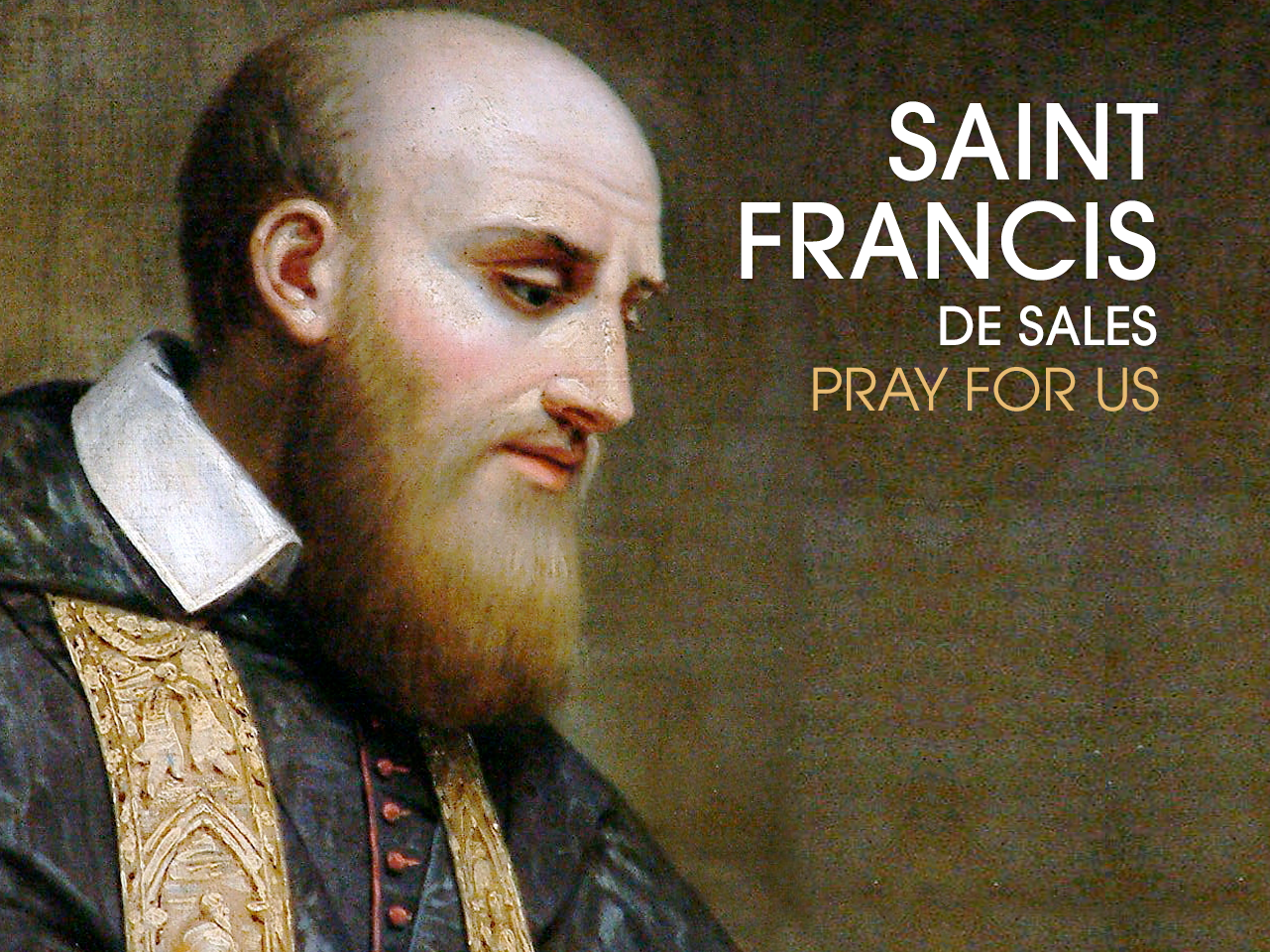
Love,
Matthew
“Everything Pertains to Love”
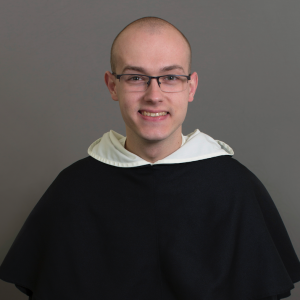
-by Br Bertrand Hebert, OP
“The word “love” is cheap. Rather, it has been made cheap by a confused world that struggles to acknowledge the true desire of our hearts. In one moment, people declare love for their spouse or children, and in the very next moment express love for something like food, clothes, and the passing pleasures of this world. When everything seems to be worthy of love, love becomes less valuable.
While many have a confused sense of love, today the Church celebrates a great defender of true love: Saint Francis de Sales. Last December marked the 400th anniversary of his death, the day Pope Francis published an apostolic letter to commemorate the occasion.
Francis de Sales was a vastly influential figure in the history of Christian spirituality. His teaching can be summarized in his own words: “Everything pertains to love” (Treatise on the Love of God). He illustrates how everything in our lives involves love, for God is our everything, the same God who is love itself (1 John 4:7–21). He who numbered the vast sea of stars is also attentive to even the smallest hairs on our heads. What else could move the infinite God to care for such finite creatures except his infinite love? This God who has loved us so much, therefore, claims for himself the whole of our love: “You shall love the Lord your God with all your heart, and with all your soul, and with all your might” (Deut 6:5).
Francis de Sales’s emphasis on the love of God offers an invaluable lesson for a world that fails to understand it. Admittedly, there are some differences between him and the Dominicans concerning some theological topics. We don’t need to go into detail about these differences, but our shared zeal for the salvation of souls should lead us to defend this Doctor of the Church and his teaching on the love of God. After all, the love that Francis de Sales emphasizes is none other than a share in the very life of God, he who is our beginning and end, who moves and orders all things, the desire of our hearts and object of our study, the one whom we proclaim in our preaching.
We can even acknowledge similarities between Francis de Sales and another Doctor of the Church who resonates with the Dominican mind and heart: our brother Saint Thomas Aquinas. Touching upon Aquinas’s teaching on the created order, to say with Francis de Sales that “everything pertains to love” means that everything in our lives is an opportunity to see God’s loving and gentle presence around us and within us. Through a beautiful manifestation of God’s providential care in creation, the life of love enables men and women—created in his image and likeness, and made sharers in the divine nature by grace—to be that same gentle presence of God to the world.
Francis de Sales, like Thomas Aquinas, also has an optimistic view of the human person, encouraging people to live the life God has laid before them out of love for them. Growth in virtue requires a dedication to truth, including the truth of who we are before God and the world. Yet, we can still be transformed in this life by grace. Rather than being reduced to a wretch, the soul is elevated by nothing other than God’s love.
Despite our weakness and sin, God has sent his Son out of love for us. This speaks to the Christ-centered character of the writings of Thomas Aquinas and Francis de Sales. Christ brings us to the Father to share in divine love. He is our model and teacher in the life of sanctity, while also being the very cause of this new life through his death on the cross. As one hymn puts it: “Love to the loveless shown, that they might lovely be” (Samuel Crossman, “My Song is Love Unknown,” 1664). Christ’s love on the cross shows that we are both loveable and are in fact loved. God continues to manifest this truth through the sacraments and the gift that is his Church.
The Dominican soul proclaims, without compromise, that our life and beatitude begin and end with God, and he is at work in everything in-between. Saint Francis de Sales proclaims a similar truth by saying that everything pertains to love. For if God is love, then our life and beatitude begin and end with love, and love is at work in everything in-between.”

